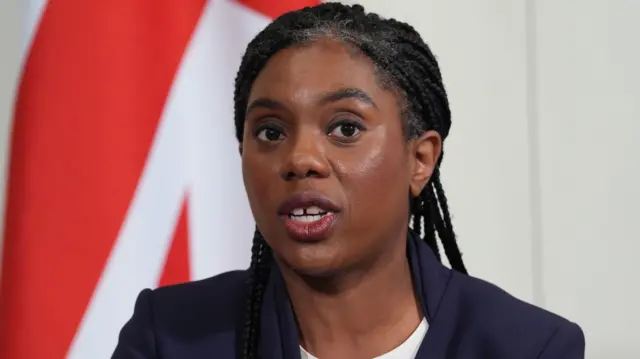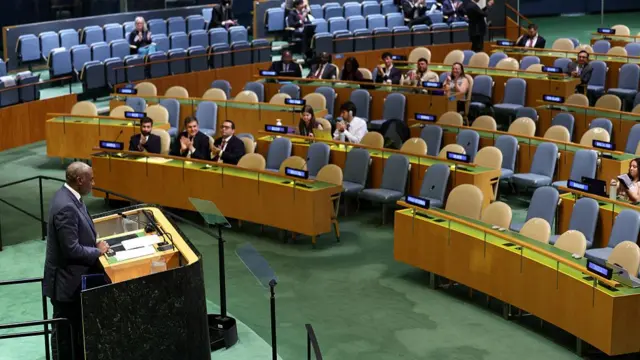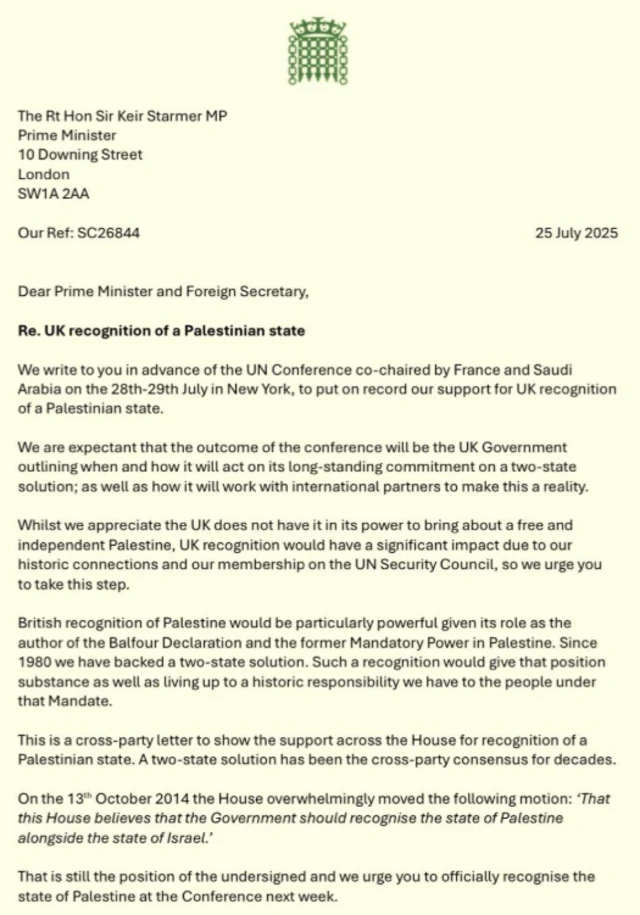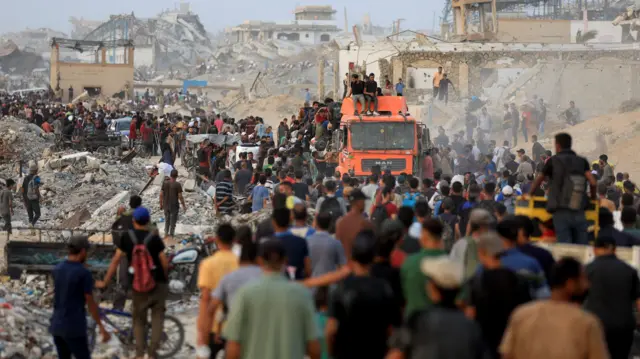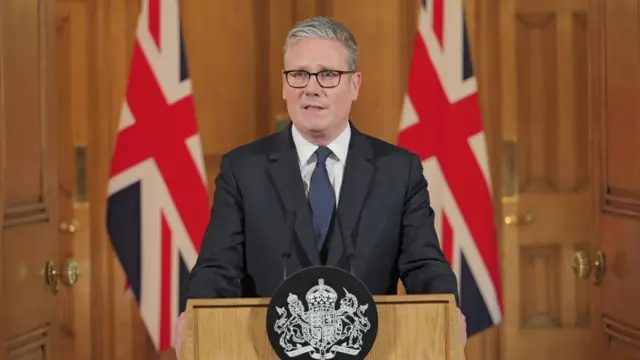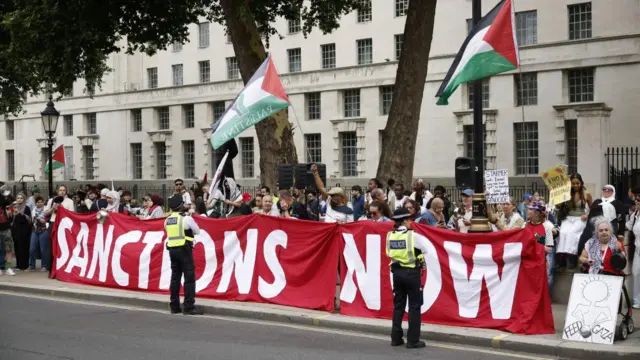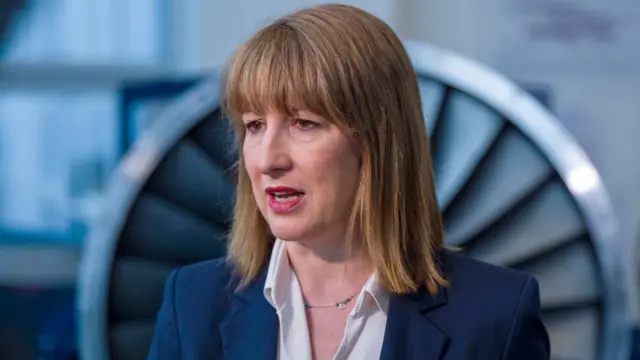
From a British point of view, this is a real changepublished at 20:03 BST 29 July
 Jeremy Bowen
Jeremy Bowen
International editor, in Jerusalem
This is a big change in British foreign policy.
The government will know it is highly unlikely Israel will agree to the conditions Britain has put forward.
The current Israeli government is absolutely against progress toward a two-state solution.
It is more than simply against it as an idea - there are people in government upon whose political support Prime Minister Benjamin Netanyahu depends – people who have been speaking in the last 24 hours about their hopes of annexation of land that Palestinians want for a two-state solution.
These are not just reports in the Israeli press about an Israeli plan to annex parts of Gaza - but statements from the country’s finance minister who is driven by a combination of nationalism and religion.
He says, “people are asking me why I'm staying in the government, I'm going to stay in the government because good things are going to happen.” By good things he means taking land that Palestinians want for a state and incorporating it in the Jewish state.
I think it’s highly unlikely that as currently constituted the Israeli government will accept the UK’s conditions.
It is possible Netanyahu might decide he can reconstitute his government in such a way to accept all of that, but it seems unlikely.
Plus, the Americans have been absolutely condemnatory of the United Nations conference that UK Foreign Secretary David Lammy has been speaking at around a two-state solution.
The US state department put out a strong statement yesterday using a harsh tone condemning it as a reward for terrorism - saying it was interfering with America's own plans to bring a wider peace in the Middle East.
But from the British point of view, this is a real change.
It was only a month or so ago that I was hearing from diplomatic sources that they wanted to progress towards recognition in concert with the French, but what they wanted to do was to impose benchmarks on the Palestinian side - now they're imposing benchmarks on the Israeli side.
